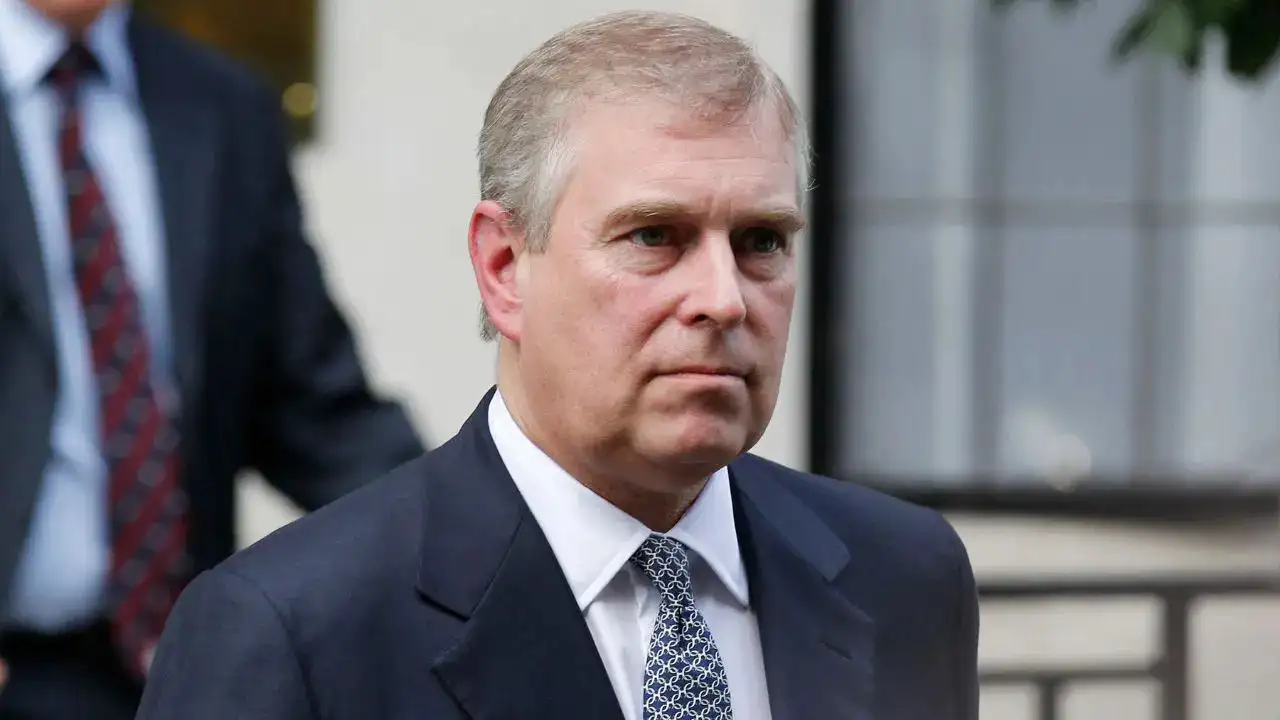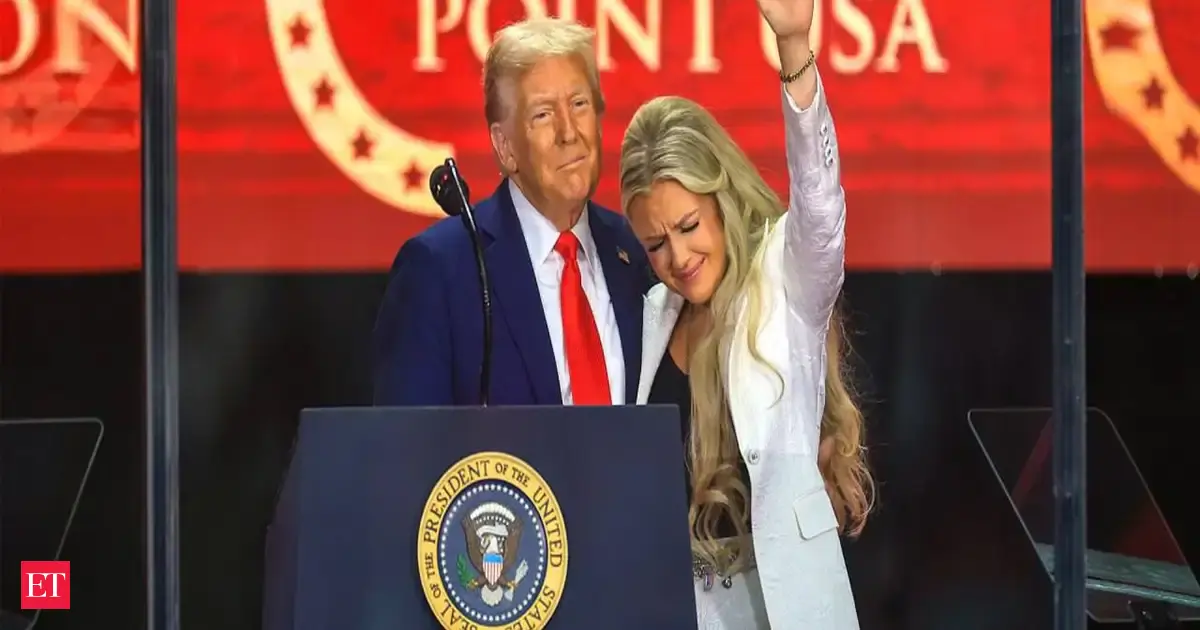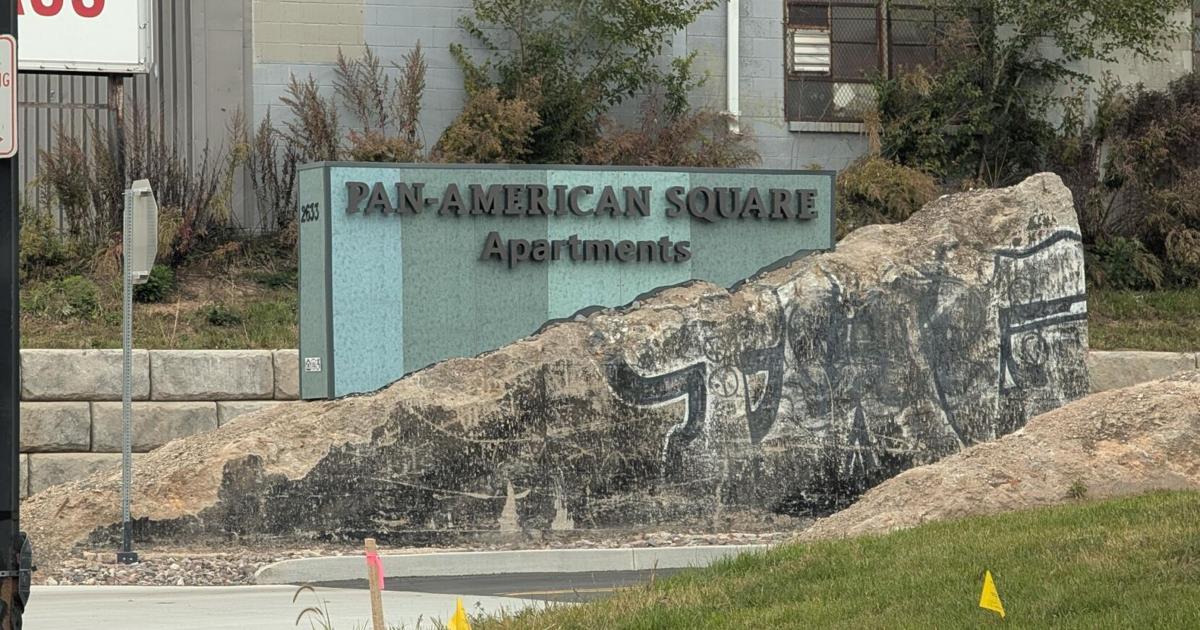Copyright timesnownews

Buckingham Palace on Thursday announced that Prince Andrew, the younger brother of King Charles III, will no longer hold his royal title and will be required to vacate his residence at Royal Lodge. In a statement released on Thursday, the palace said: "Prince Andrew will now be known as Andrew Mountbatten Windsor." The 65-year-old will also be moved from Royal Lodge to a private residence. "These censures are deemed necessary, notwithstanding the fact that he continues to deny the allegations against him," the statement added. "Their majesties wish to make clear that their thoughts and utmost sympathies have been, and will remain with, the victims and survivors of any and all forms of abuse." What is Prince Andrew's net worth? Prince Andrew's exact net worth has never been made public. However, Celebrity Net Worth estimates it at £3.7 million. In 2024, The Times reported that Andrew had been able to raise the funds needed to continue living at Royal Lodge, with the arrangement reportedly approved by Sir Michael Stevens, Keeper of the Privy Purse, confirming the money came from "legitimate sources." How Prince Andrew Made His Money There has long been uncertainty over how the royal generates his income. His Royal Navy pension, worth about £20,000 a year, is believed to be his only steady source of income. Before stepping down from royal duties, Andrew received an annual salary of about £250,000 through the Sovereign Grant, according to the BBC. In 2022, he sold a luxury chalet in Verbier, Switzerland, to financier Philip Muelder for close to its £20 million asking price. Andrew and his former wife, Sarah Ferguson, had purchased the property in 2014 from their friend Isabelle de Rouvre. Earlier, in 2007, he sold Sunninghill Park, his former Berkshire home, to Timur Kulibayev, son-in-law of the then President of Kazakhstan, for £15 million. Author Andrew Lownie, who wrote a joint biography of Andrew and Sarah Ferguson, has suggested that some of the duke's financial resources may stem from relationships built through Jeffrey Epstein and other business networks. Lownie told The Times: "As the duke himself admitted in his Newsnight interview, Jeffrey Epstein introduced him to useful business contacts. He also developed lucrative connections in Central Asia and the Middle East during his ten years as special representative for trade and investment. There have long been concerns about how he has since used those contacts. Now he is no longer a working royal, there is far less scrutiny of his business activities — but it is an area that needs to be looked at."



